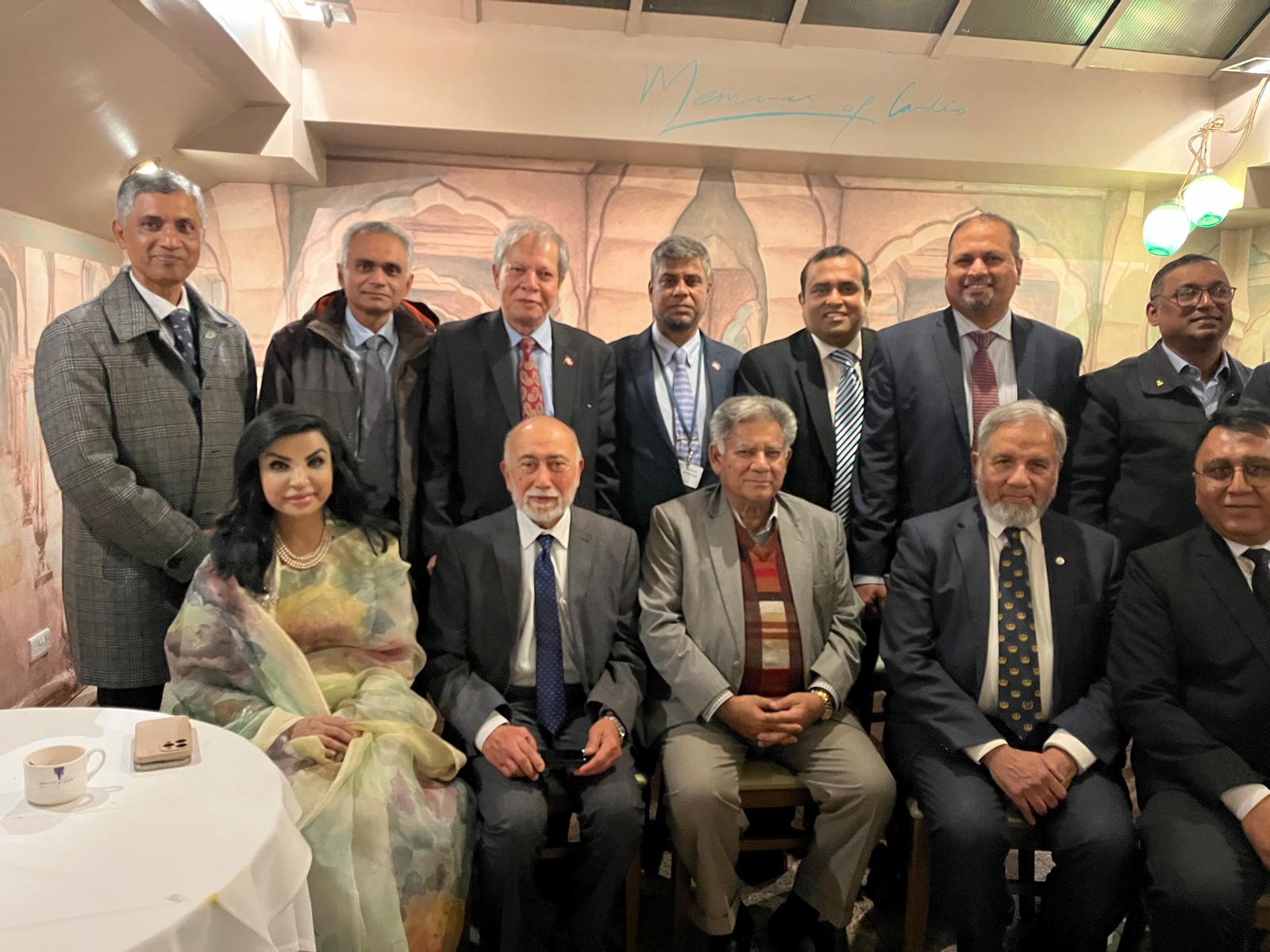search the site
Is IMO’s focus on air pollution clouding its judgement?
Is IMO’s focus on air pollution clouding its judgement?
Wed 13 Mar 2019 by Craig Jallal, tankers and markets editor

A recent postponement of a critical safety issue for sailors shows IMO straying from its original remit, says Craig Jallal
In its own words, the original purpose of the United Nations in forming the International Maritime Organisation (IMO) in 1948 was: “to provide machinery for co-operation among governments in the field of governmental regulation and practices relating to technical matters of all kinds affecting shipping… to encourage and facilitate the general adoption of the highest practicable standards in matters concerning maritime safety, efficiency of navigation and prevention and control of marine pollution from ships.”
I think the order of the responsibilities presented to IMO by the UN speak volumes: maritime safety, navigation, then marine pollution.
Requirements around maritime safety never diminish – the sea is unforgiving.
With the advent of satellites, GPS and other technology, the navigation side is all but sorted. I am no expert, but most of the IMO navigation debates appear to be about the implementation of standards as the technology of navigation offers navigators finer and finer levels of optimisation and control.
In the early days of IMO, discussions around marine pollution centred on oil pollution from tankers, now a relatively rare event following the implementation of IMO regulations requiring tankers to be double-hulled.
I think IMO bureaucracy saw the narrowing of the potential workload and sought to expand its remit, which is why the emphasis has changed over the last two decades to the point that marine pollution has been expanded to include emissions from ships.
In my opinion, this is a classic case of policy creep, and IMO is encroaching on the role of the United Nations Environment Programme (commonly known as UN Environment), which describes itself as: “the leading global environmental authority that sets the global environmental agenda, promotes the coherent implementation of the environmental dimension of sustainable development within the United Nations system, and serves as an authoritative advocate for the global environment.”
In my opinion, this sounds like the body where limits on pollution and emissions should be discussed and implemented globally, and not just on an industry basis.
Which brings me back to maritime safety. At the International Product Tanker Association conference last week, delegates were informed that faster and more accurate laboratory tests have led to the redefinition of some chemicals listed in the IBC Code. These will move into the more serious ‘toxic’ category (there will be a detailed analysis in a future issue of Tanker Shipping & Trade), but these will not be finalised by IMO until 1 January 2021.
Why so late? The IMO slot that was set for a discussion on the change in the IBC Code – something of direct relevance to the safety of mariners handling these substances – was hijacked by the greenhouse gas discussion.
Reducing greenhouse gas is very important, and shipping must play a part in a global effort to reduce GHGs, but there are other forums available for the discussion, while there is only one original forum for discussions around maritime safety. Again, this begs the question: should IMO concern itself more with maritime safety and less with environmental issues?

















